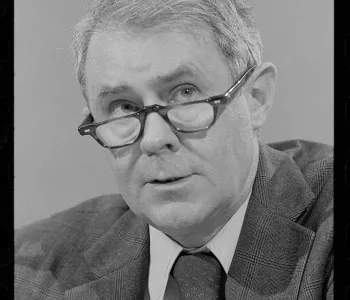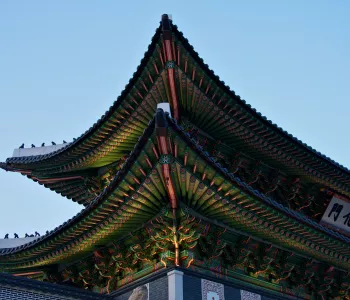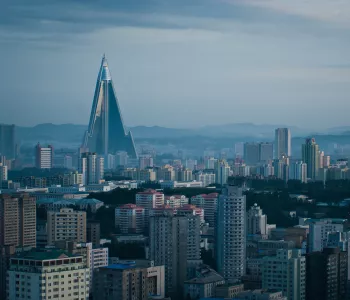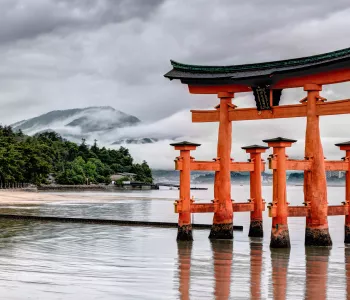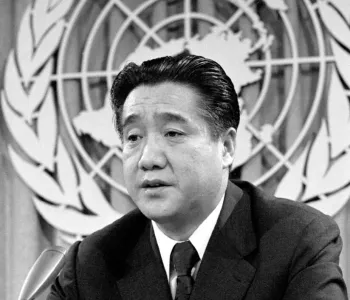d'Vinci

Yun, Bo-Seon
When the First Republic fell, Yun was elected by the National Assembly as the president at the time of the Military Revolution of 16 May 1961.

YUN BO-SEON (1897-1990). Born into a former yangban family, Yun graduated from Edinburgh University in Scotland in 1930. He played no political role before 1945, but in November 1945, he joined the Korean Independence Party, which had returned from China. He was appointed mayor of Seoul in 1948, and served as the minister of trade and industry (1949-1950). Elected to the National Assembly in 1954, he gained political importance as the chief representative of the opposition.
In August 1960, when the First Republic fell, Yun was elected by the National Assembly as the president of the Second Republic, and was thus president at the time of the Military Revolution of 16 May 1961. He remained in the office until March 1962. He then resigned the presidency in protest at the Political Purification Law and the activities of the Political Purification Committee. Yun ran for the presidency twice thereafter: first in 1963 as the candidate of the Civil Rule Party, and the second time in 1967 as the candidate of the New Democratic Party (NDP). He was founder of the Civil Rule Party (1963), the New Korea Party (1966), and helped found the NDP (1967). On leaving party politics in the mid-1980s, after serving as adviser to the president of the NDP, he played the role of an elder statesman.
All rights reserved. No portion of this publication may be reproduced, stored in a retrieval system, or transmitted in any form by any means, electronic, mechanical, photocopying, recording or otherwise without the prior written permission of the publisher. (Historical Dictionary of the Republic of Korea, by Andrew C. Nahm and James E. Hoare, published by RLPG Books, appears by permission of the author and publisher).
In August 1960, when the First Republic fell, Yun was elected by the National Assembly as the president of the Second Republic, and was thus president at the time of the Military Revolution of 16 May 1961. He remained in the office until March 1962. He then resigned the presidency in protest at the Political Purification Law and the activities of the Political Purification Committee. Yun ran for the presidency twice thereafter: first in 1963 as the candidate of the Civil Rule Party, and the second time in 1967 as the candidate of the New Democratic Party (NDP). He was founder of the Civil Rule Party (1963), the New Korea Party (1966), and helped found the NDP (1967). On leaving party politics in the mid-1980s, after serving as adviser to the president of the NDP, he played the role of an elder statesman.
All rights reserved. No portion of this publication may be reproduced, stored in a retrieval system, or transmitted in any form by any means, electronic, mechanical, photocopying, recording or otherwise without the prior written permission of the publisher. (Historical Dictionary of the Republic of Korea, by Andrew C. Nahm and James E. Hoare, published by RLPG Books, appears by permission of the author and publisher).

